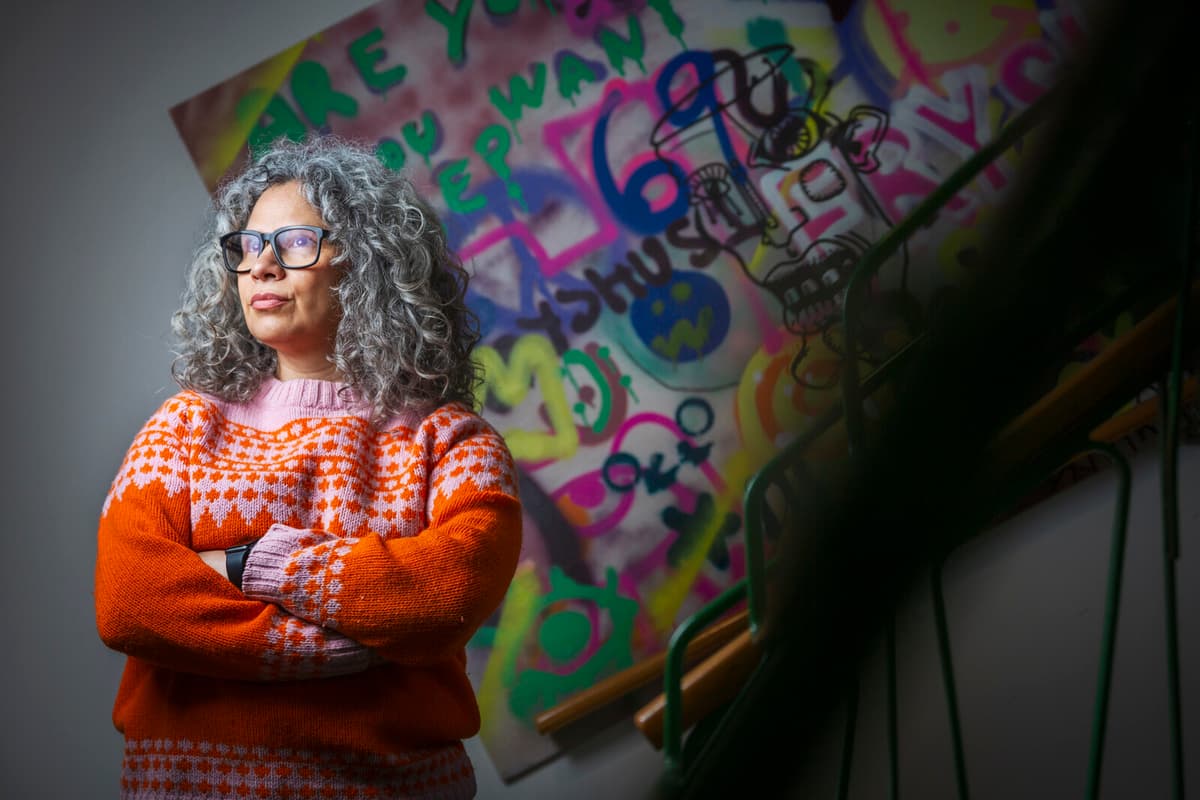Camila Salazar Atías works with young people at Fryshuset in Stockholm, including young people who have abandoned criminality. She is also active within the Social Democratic Party in Stockholm, but emphasizes that she does not speak as a politician.
Her experience says that the recruitment of networks usually has more steps than someone simply responding to an ad on Tiktok.
It gives a false image. When we meet them in our activities, it has been more complex. That there has been a period of grooming, coercion, or that one has put oneself in a situation that one sees as difficult to get out of. It also showed the Brå report that came out in the autumn of 2023, she says.
But the new thing is how quickly it can go, she adds.
"Terrible failure"
At the same time, according to Camila Salazar Atías, a dangerous normalization of violence is underway.
It becomes a constant flow where many young people in this age group have heard about and know someone who has died. It comes so very close, both physically in the neighborhood and close in age, and close when it comes into their phones uncensored.
It is important that we continue to react to what happens, and that we do not think it is okay that it happens in one place but not in another. It is always a terrible failure when it happens.
To prevent violence, several types of interventions are needed, she believes. She mentions better collaboration within municipalities and better outreach activities, with Denmark as a model, and an increased understanding of trauma and how it should be treated.
"Does it really help?"
And how are young people supposed to manage on their own after sitting in SIS- or HVB-homes, with a criminal record, small prospects on the labor market, and without contacts?
There, civil society can play a major role in creating social contexts, she believes.
Finding new friends, other places, feeling understood by what we call credible messengers. Someone who understands the situation, who can guide. It is fantastic to see what a quick turnaround and development young people can get if they just get that kind of help.
The situation is often presented as hopeless. But Camila Salazar Atías' experience is that it does not have to be so.
I think it is important to recognize the importance of working with breadth, promotion, well-being, and community. That we allocate resources where we know they make a difference. One can wonder, does it really help? Yes, it does.






